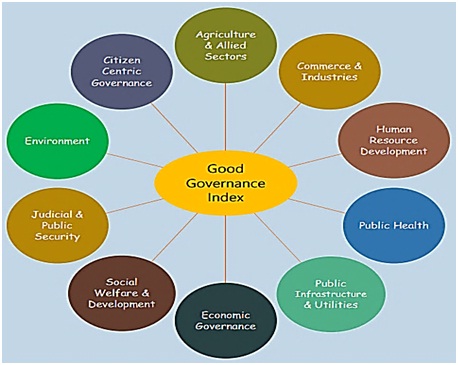J&K Government is promoting accountability and has enhanced public service delivery system with the adoption of e-office, a simplified, responsive, effective, and transparent paperless working culture across all the departments.
In September last year, the government asked all HoDs to switch over to the e-office mode of working with assistance and hand-holding from the Information Technology Department. All HoDs were provided with the necessary assistance by the Information Technology Department, by way of provisioning of the VPN connections, creation of domain Ids (@jk.gov.in) and training of local admins and master trainers in each department.
With implementation of e-office, the disposal rate of files has touched an all-time high of 96%. 305 Head of Departments are now on e-office. E-files are accessible to all officials irrespective of their locations.
J&K is first amongst UTs in e-office disposal/uptake of files. Currently, 180 services are online and are linked with a feedback mechanism. All HoDs have been brought on e-office portal while the “Annual Performance Reports’ of JK Administrative Services (JKAS) officers have been shifted to online mode on SPARROW Portal.
After the establishment of e-office system in J&K, no physical files or daks are being entertained in the civil Secretariat. This system has improved public service delivery to the citizens and brought greater transparency into the functioning of government departments.
Further, J&K Integrated Grievance Redressal and Monitoring System (JKIGRAMS) has been developed as an e-Governance initiative to provide a 24×7 platform to the Citizens for redressal of their grievances. The JKIGRAMS Portal has been integrated with the Centralised Public Grievance Redress and Monitoring System (CPGRAMS) of Central Government.
Under the ‘Mulaqaat Programme’, the citizens can interact directly with the Lieutenant Governor for seeking redressal of their grievances that have been filed on the JK grievance portal.
Moreover, an ‘Online Departmental Vigilance Officers Portal’ has been developed as a communication channel between Anti-Corruption Bureau and Departmental Vigilance Officers posted in different departments and districts. The other measures of this system include an Electronic Vigilance Clearance System for furnishing vigilance clearances through electronic or online mode of all the government employees.
Also, e-filing of property returns by employees through PRS-Portal has been made mandatory for bringing transparency across all departments.
With a vision to establish citizen-friendly and corruption-free governance, the JKGAD also launched the ‘Satark Nagrik App’ through which any ordinary citizen can lodge complaints with the Anti Corruption Bureau (ACB) online.
Giving a big push to the end-to-end digitization of services, J&K became the first UT to launch Rapid Assessment System (RAS). The RAS has a user-friendly digital feedback mechanism that enables citizens to provide effective feedback on the services provided to them; through SMS and weblink, thereby enhancing transparency and accountability.
The present administration of J&K is mainly focusing on ‘On-The-Spot’ grievance redressal, instantaneous delivery of goods and services to the masses, and ‘On-The-Ground’ speedy execution of People-Centric projects, which is being observed through the exceptional development works and projects that are currently going on across the Union territory.
On the directions of the Lieutenant Governor, Jammu and Kashmir administration completely transitioned to e-Office putting an end to the practice of 150 years old ‘Darbar Move’, under which the Civil Secretariat and other ‘move offices’ function six months each in Srinagar and Jammu. The decision saved Rs 400 crores annually.
Meanwhile, to take forward the idea of citizen engagement and achieve the goal of ‘Good Governance’, J&K became the first Union Territory to launch MyGov.
MyGov was launched by Prime Minister Narendra Modi on July 26, 2014, with the idea of bringing the Government closer to the common man by creating an interface for a healthy exchange of ideas and views toward the social and economic transformation of India.

